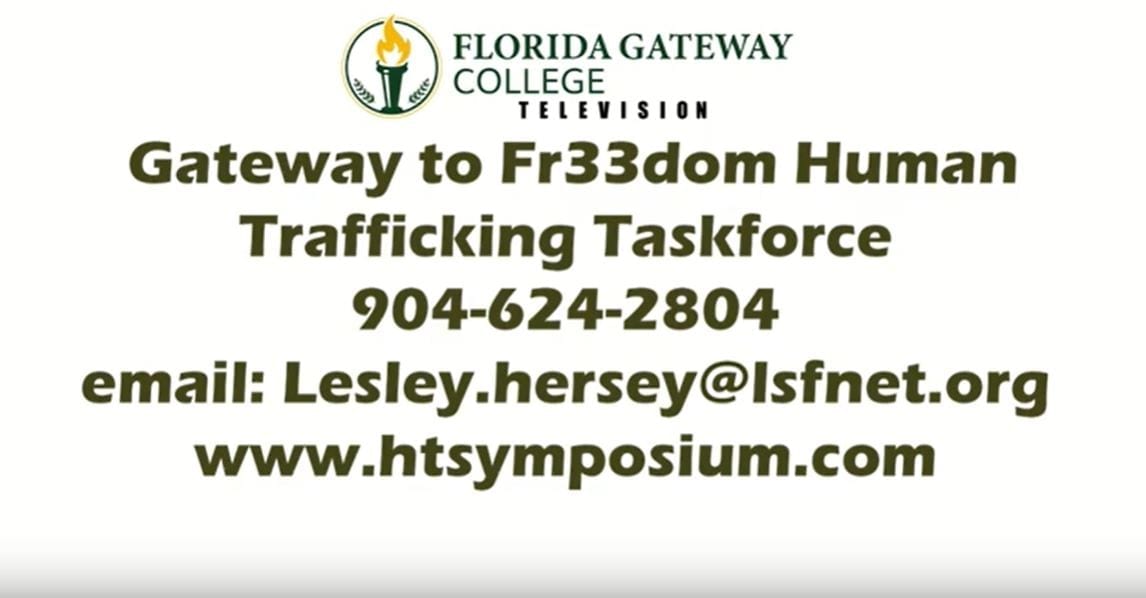Human trafficking represents one of the most egregious human rights violations of our time. Millions of individuals, entangled in an intricate web of exploitation, find themselves subjected to various forms of enslavement. As we ponder this unfortunate reality, one might ask: How can a society that professes to value human dignity allow such atrocities to persist with alarming prevalence? From a Baha’i perspective, the profound teachings of this Faith offer not only a moral framework but also actionable strategies to dismantle the chains of exploitation.
At the core of Baha’i teachings lies the fundamental principle of the oneness of humanity. This tenet asserts that every individual is a member of a single human family, endowed with inherent dignity and worth. Consequently, human trafficking can be understood as an affront to this very principle, robbing individuals of their autonomy and freedom. The Baha’i perspective urges us to adopt a global outlook, transcending geographical and cultural boundaries, in order to cultivate an environment where atrocities such as human trafficking cannot thrive.
Additionally, Baha’is are called to advocate for justice and equity. The teachings espouse that true justice cannot exist where oppression and exploitation proliferate. This doctrine compels adherents to see justice not merely as a reactive measure, but as a proactive obligation. Advocating against human trafficking thus becomes a moral imperative, encouraging community engagement and mobilization against systemic injustices.
Yet, the challenge remains: how do we translate these lofty ideals into tangible actions within our communities? The Baha’i teachings emphasize the importance of education as a catalyst for change. An informed populace is better equipped to recognize the signs of trafficking and understand the mechanisms through which it operates. Educational initiatives aimed at raising awareness can empower individuals to recognize the vulnerabilities that often lead to exploitation. By fostering dialogues on the socio-economic factors that contribute to human trafficking, communities can cultivate resilience and solidarity.
Moreover, Baha’i principles direct us towards service-oriented actions. Engaging in service to humanity is central to the Baha’i Faith, and this ethos can be instrumental in addressing human trafficking. Volunteering with organizations that provide support to survivors, contributing to shelters, or participating in advocacy efforts are vital ways in which individuals can manifest the teachings of Baha’u’llah. Such actions not only provide immediate assistance to those affected but also reinforce community values of compassion and unity.
Furthermore, spiritual transformation plays a significant role in combating human trafficking. The Baha’i writings assert that true change begins within the individual. A deeper understanding of spiritual principles can lead to a heightened sense of empathy and responsibility towards others. The act of cultivating virtues such as compassion, kindness, and generosity becomes foundational in creating a society free from exploitation. Engaging in reflective practices, such as prayer and meditation, can fortify individuals’ capacities to empathize with victims and advocate for systemic change.
In addition to individual efforts, the global Baha’i community actively participates in dialogues with various stakeholders, including governments, NGOs, and interfaith organizations, to galvanize collective action against human trafficking. Such collaborations can amplify the impact of local initiatives and broaden the reach of anti-trafficking efforts. Participating in international conferences on human rights and trafficking can also provide an opportunity to advocate for policy changes and the implementation of protective measures for vulnerable populations.
Moreover, it is critical to incorporate the voices of survivors into the discourse surrounding human trafficking. The Baha’i teachings emphasize the importance of every individual’s experiences and perspectives. Survivors possess invaluable insights that can guide future strategies and interventions. Listening to their stories can uncover underlying patterns of vulnerability and illuminate pathways for prevention. Creating spaces where survivors can safely share their experiences fosters a culture of understanding, resilience, and ultimately, transformation.
Finally, the Baha’i approach to human trafficking must also acknowledge the interconnectedness of various social issues that contribute to exploitation. Poverty, lack of education, and gender inequality are formidable structural barriers that can render individuals susceptible to trafficking. Therefore, comprehensive strategies that address these social determinants are vital. Efforts should include advocacy for economic empowerment, gender equality, and access to quality education. By addressing the root causes of vulnerability, the chains of trafficking can be dismantled sustainably.
In conclusion, the Baha’i perspective on human trafficking offers a holistic framework that melds spiritual principles with practical actions. By adhering to the Teachings of Baha’u’llah, individuals and communities can break the chains of exploitation and foster a just and equitable society. Through education, service, and collective action, it becomes feasible to confront the abhorrent reality of human trafficking and restore the dignity of every individual. This collective responsibility, imbued with compassion and commitment, is imperative in the quest for a world where human rights are universally upheld, and every person is free to thrive. Thus, let us heed this call to action and become agents of transformative change in eradicating human trafficking.
